Indications:
● Prevention and Treatment of Venous Thrombosis and Pulmonary Embolism: To prevent blood clot formation in veins and lungs.
● Atrial Fibrillation (AFib): Reduces the risk of stroke in patients with non-valvular AFib.
● Prosthetic Heart Valves: Prevention of thromboembolic complications in patients with prosthetic heart valves.
● Prevention of Stroke: In patients who have already suffered transient ischemic attacks or a minor stroke.
Administration Guidelines
Dosage:
● Warfarin's dosing is highly individualized based on the patient’s International Normalized Ratio (INR) values, a measure of how long it takes to clot compared to a normal sample. The goal INR range varies depending on the indication for therapy, but typically it's between 2.0 and 3.0 for most indications.
Method of Administration:
● Oral: Warfarin is administered orally in tablet form. It should be taken simultaneously every day to maintain stable blood levels.
Dosage Form:
● Oral tablets (ranging from 1 mg to 10 mg)
● Injectable solution (for hospital use)
Safety Preclusions
Pregnancy and Breastfeeding:
● Warfarin is contraindicated during pregnancy, especially during the first trimester and the last few weeks before delivery, due to the risk of bleeding complications and fetal malformations. Warfarin can be used during breastfeeding with caution.
Drug Interactions:
● Warfarin interacts with many medications, foods, and illnesses. Any changes in diet, medications, or physical health can affect warfarin's efficacy and safety. It is critical to inform healthcare providers of all medications and supplements being taken.
|

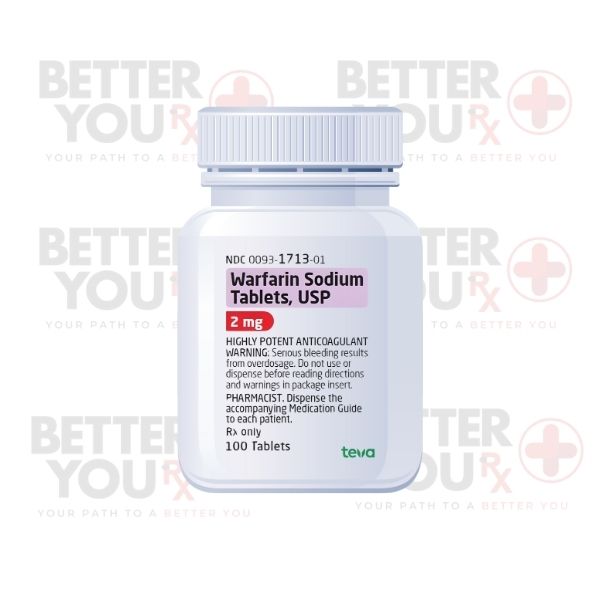


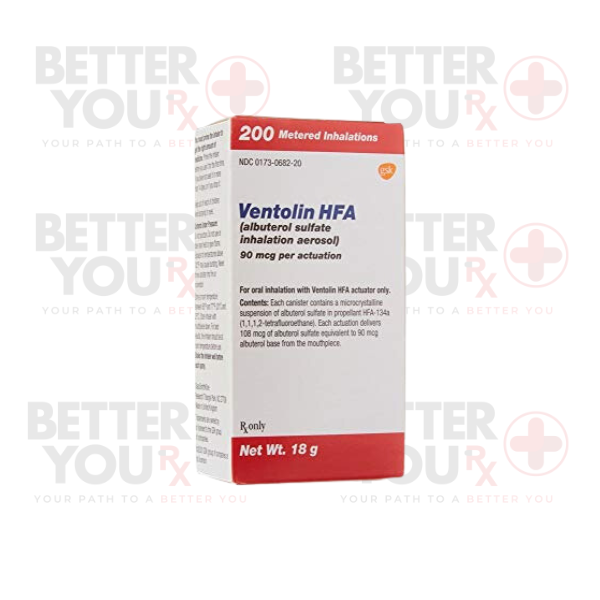


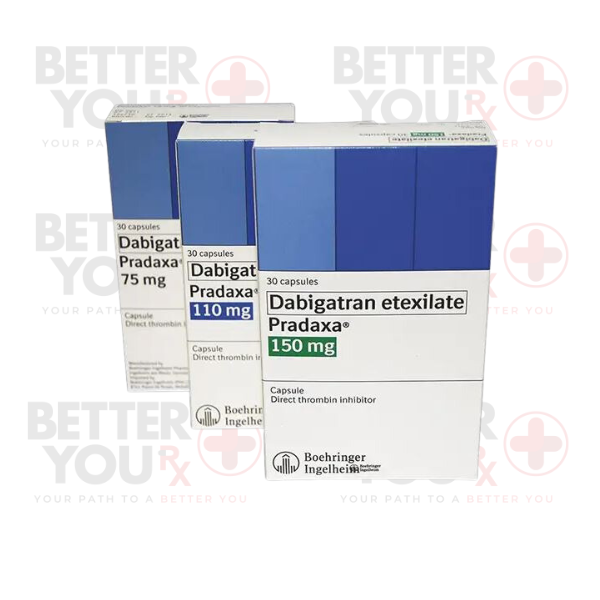
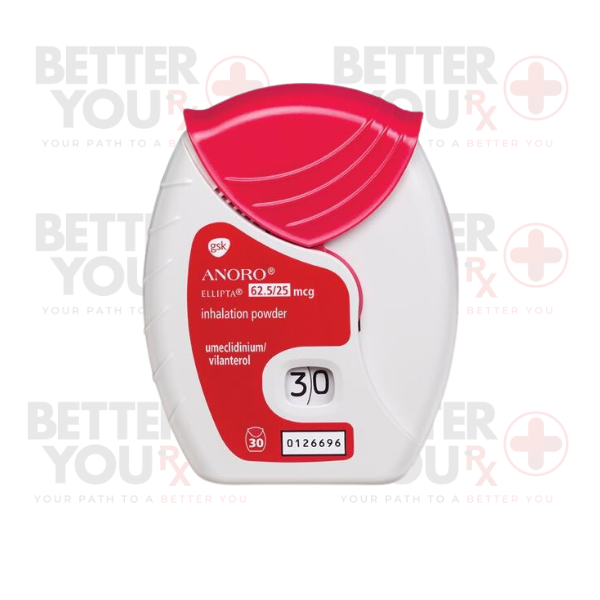
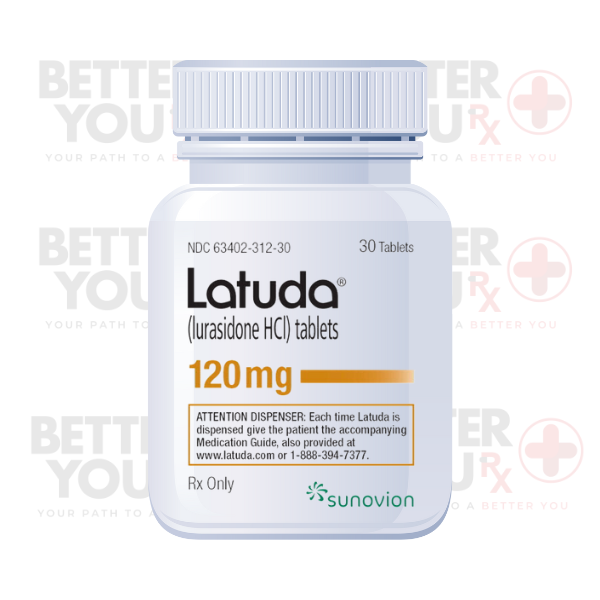
Reviews
There are no reviews yet.